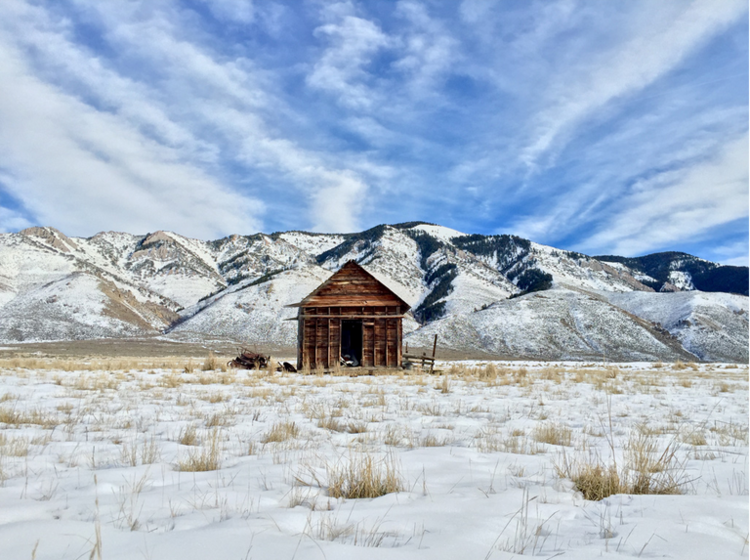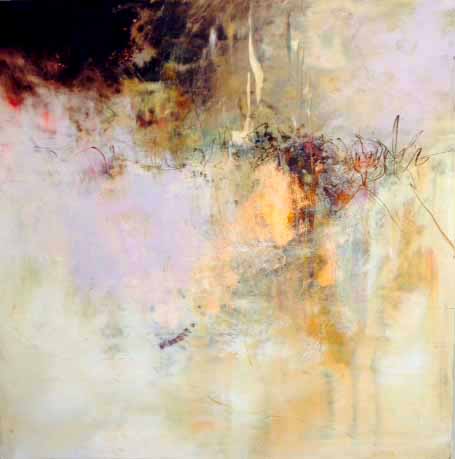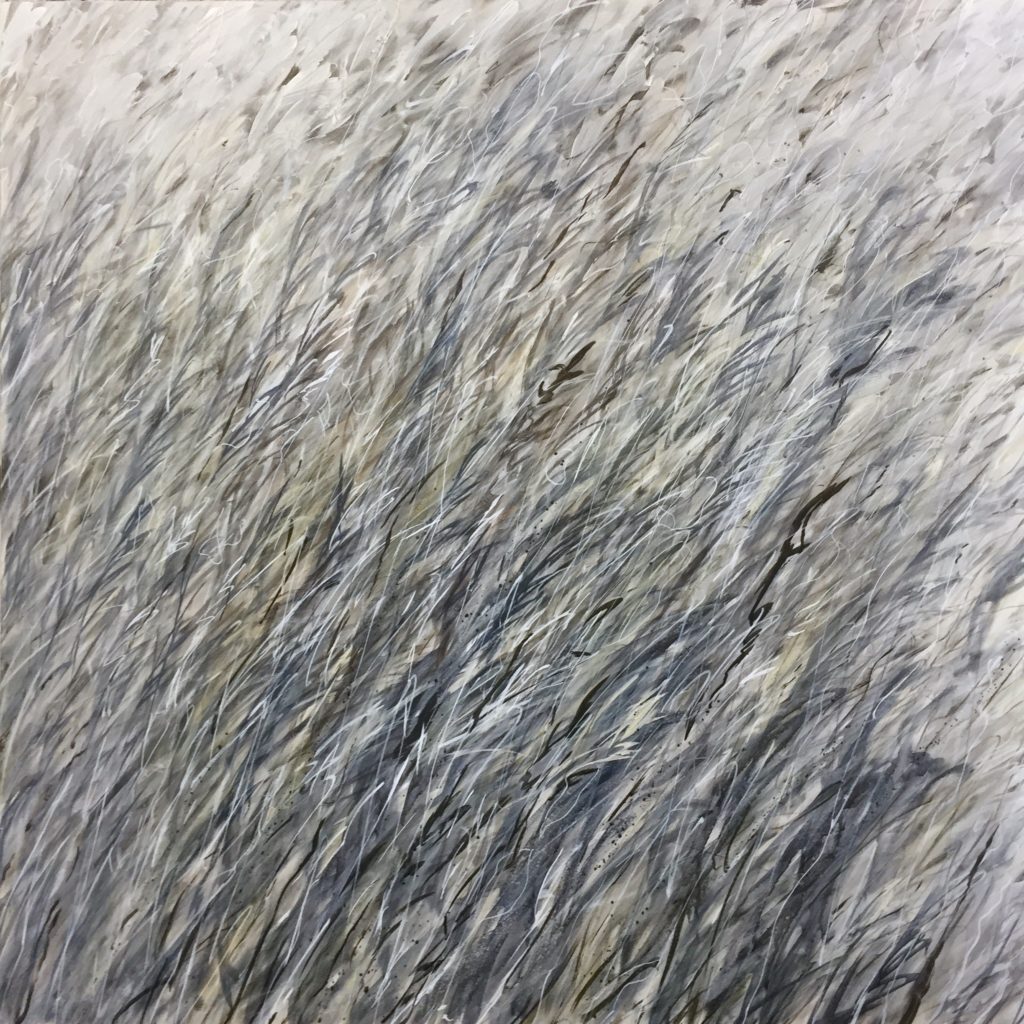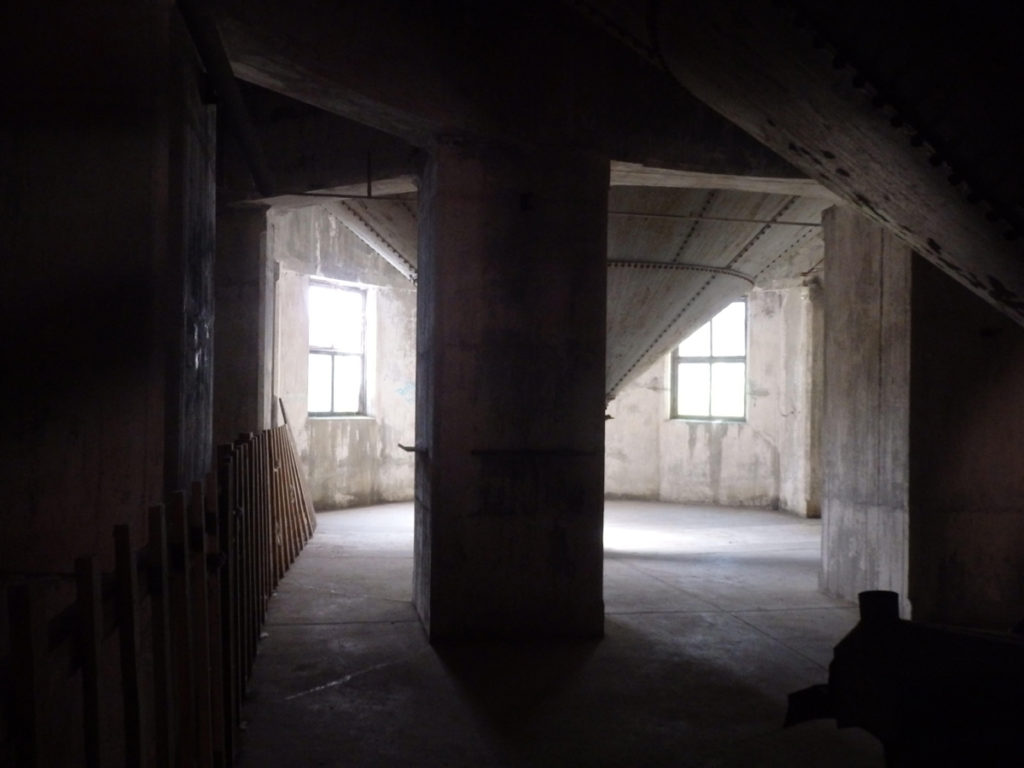
1. When your father picks you up for Thanksgiving break during your freshman year of college, wear a t-shirt that says “nasty woman.” Walk out of your dorm building, and up the street to where he’s parked, with your jacket unbuttoned so he can read it, even though it’s the end of November and it’s cold. You bought the shirt on Amazon for fifteen dollars last month when you were certain Hillary would win. When you get into his car- the car you drove to high school every day last year; the one you picked your friends up in to go to the mall and to the beach- he doesn’t say anything about your shirt, and you worry that he didn’t notice. He doesn’t say much as he drives up route 2 but when you reach the townline he starts talking about Trump. Seize the opportunity. He doesn’t understand why your anthropology professor- who is a woman, disabled, and queer- cancelled class on the day following the election. He doesn’t understand why your English advisor, who is gay, let class out early. He uses the word “snowflake.” He tells you that your liberal education sounds like a waste of money. Don’t tell him that after you heard the results you walked to the quad and hit the cement wall of the library with your fist. Don’t let him see the purple bruise on your knuckles. Tell him that people are allowed to be upset, and they’re allowed to be scared, because Donald Trump has an open rape case against him, and he’s mocked disabled people, and the LGBTQ community and plans to build a wall on the Mexico border, and rip children away from their parents because they aren’t the right color and they don’t belong here, and he bragged about grabbing women “by the pussy.” Your father tells you it was just locker room talk, and you remind him that Trump said those words in the workplace, not in a locker room. Your father says that Trump is a businessman, and he is going to save the country money by cutting funding and rearranging budgets. You tell him that people’s lives should not be run like a business, but your father was in the navy, and he says, “it’s about time we take care of veterans” and he slams his fist on the dashboard and he’s yelling over you saying, “We. Are. Americans. This. Is. America.” And when he puts his hands back on the wheel you don’t say anything else. After your father dies your mother tells you, while eating lunch with your aunt, that she once asked him if he really believed the things he would say. He told your mom, “it doesn’t matter,” he said, “but look how angry she got.” Perhaps you should get a shirt that says “angry woman.”
2. When your father gets up from his recliner to use the bathroom, take the TV remote, and put on last week’s Grey’s Anatomy because you haven’t seen it yet and you’re tired of watching Ice Road Truckers. When he gets back, before he even sits down, he says “oh, no, no, no” and you try to tuck the remote under the couch cushion, and out of sight, but Dad can be fast when he wants to be and even though you try to hold onto it he snatches it right out of your hand. And he changes the channel back and rests the remote on his leg, not on the arm of the chair. And you watch another episode of Ice Road Truckers like you do every night because Dad pays for the cable, and you are just a teenager, after all.
3. When Dad says “the girls” he’s talking about his pet chickens, but the problem is that sometimes when he’s talking about you and your sister he calls you “the girls” so you tell him he has to pick a different nickname for the chickens. He tells you he’d call them “the kids” but they aren’t goats, and he doesn’t want things to get confusing. You suggest he call them “the chickens,” or “the hens,” but he decides that he’ll call you and your sister “the kids” so he can keep calling his chickens “the girls.”
4. When you talk about Ellen Degeneres–comedian, talk show host, actor, writer, producer, and known lesbian–your father calls her Ellen Degenerate, and a fag, and you ask him, “why?” You’re sitting in his truck in the driveway waiting for the engine to heat up. It’s winter, the heat is blasting, you’re wearing a winter coat, and can feel your skin sweating. Dad is in a t-shirt, enjoying the sauna. His Carhartt jacket is in the backseat. He tells you that homosexuality is unnatural. He doesn’t quote the bible, or say that man shalt not lie with man, because you don’t think even he believes that bullshit. You listen to him describe his disgust of gay men, and lesbians, and maybe it’s because he was born in the fifties, and his parents were racist, and you were born during the age of the internet. You saw a video online recently about an alternate reality where everyone is gay, and straight people are called “breeders” and shamed for their sexuality, so you ask your father, “what if the roles were reversed?” You think it’s the perfect argument, because certainly if everyone else in the world were gay, you’re father would still be straight. You want him to practice empathy, to imagine what it might be like to be the minority, but your father laughs. It’s dark in the car so you can’t see his face, and even if you could, you’re not looking at him, you’re looking out the windshield at the lights on the house. “Then the population wouldn’t last very long,” he says. And you don’t have anything to say to that so you stay silent. Years later, you look back on this conversation from high school and, as a practicing lesbian, you wonder what he would say to you now.
5. When you put on the radio in the kitchen to the pop music station 95.7, which all the cool kids at school listen to, Dad yells to you from the living room where he’s reading the newspaper to turn it down. Your hands are covered in Cabot Seriously Sharp Cheddar™, which you’re slicing to make homemade macaroni and cheese, so you rinse them in the sink, and dry them on the dish towel that hangs on the oven door which is never fully dry, then you turn the volume from eighteen to sixteen. The water is boiling so you dump in the medium shells, not the full box, but two thirds of it, and you preheat the oven to 350 degrees, and measure out the butter, flour, and milk for the cheese sauce. Dad comes into the kitchen and he doesn’t ask if he can eat some of the cheese that you just cut up, but he reaches for the cutting board to take some, and he pops the chunk of butter for the cheese sauce into his mouth. You watch his face, but his expression doesn’t waver as he bites into it and chews, and he asks you to hand him a slice of bread. You give it to him. When he leaves the room with his butter and his bread, he pushes the power button on the radio and the music cuts off even though he’s leaving the room and you’re still there, and you were listening to it.
6. When you’re riding in the backseat of your father’s car, his window is all the way down and you ask him to roll it up because your hair is long and it isn’t in a ponytail and it’s blowing into your face. Dad rolls the window up two inches, and technically he’s doing what you asked, but he’s making it infuriating. You put in headphones, and turn your music up on your iPod nano so you can hear it over the wind that is rushing past your ears. It’s a three hour car ride to your Grandmother’s house, and Dad is driving on the highway. You know it’s summer, but the air conditioning works so really there’s no reason for the windows to be down. You try to ignore the the wind, but you notice Dad roll his window all the way back down and you lose your temper. You demand that he put the window up, but he pretends like he can’t hear you over the roar of the wind, and he laughs as you get angrier until finally he rolls it halfway up. And then all the way up. And then all the way back down.
7. When you tell your father you’re getting a tattoo tomorrow he tells you that if you can afford a tattoo, you can afford lots of other things like the monthly school bills he pays, and car insurance on a car you don’t own, and no longer drive, and rent, and groceries. He says you shouldn’t scar your body for no reason, and you remind him that he too has a tattoo. An eagle on his bicep, which Mom calls a Navy scar, because he got it when he was young and enlisted. You make him look at the ugly scar you have on the back of your left hand from when you were watching the neighbor’s dogs, and you got in the middle of a fight over food, and one of them bit you. You remember the way it bled, and how you called him and he wiped the drops of blood off your neighbor’s kitchen floor then drove you to the hospital. You tell him that you’ll have that mark for the rest of your life, and you understand the permanence of a tattoo, and you say you’re just going to put something on your body that you want and that you chose. In the morning when you leave you tell him you’re leaving to get a tattoo, and he says, “so that’s really happening?” And you tell him “yes.” And he looks at the design- “c’est la vie” in typewriter font–which you printed off the desktop computer in what used to be the computer room, but is now just a room with some junk in it, and he tells you to make sure the letters are spaced out enough because with time they’ll bleed together. He rolls up his shirt sleeve so you can see the eagle on his bicep, and he tells you it used to be black ink with fine lines but now the ink is green and the lines are thick. You nod and tell him, “thank you,” and get in the car that you don’t own, or pay for, and drive to a tattoo shop forty-five minutes away.
8. When your father asks if you’d like to go out to dinner with him and your Mom, say no because you would rather just stay in your bed, and even though you are kind of hungry you would rather have the house to yourself for a night.
9. When your father knocks on your bedroom door and tells you it’s time to get up at nine in the morning on a Sunday you ignore him, and roll over in bed to try to fall back asleep. He assumes you don’t answer because you’re still sleeping. He knocks louder and yells your name insistently until you get irritated and say, “what?” And he calmly tells you it’s time to get up. It’s time for church. And you get up, because that’s what you do every Sunday morning, and you eat a breakfast of pancakes and bacon, and you go to church with your family even though you hate it and all of your friends go to the Catholic church down the street not the Church of Christ, and you don’t even believe any of it anyway. But it’s not really that bad. After your father dies your mother says how grateful she is for the church goers who bring her food, and company. One woman sews a prayer shawl for your mom, sister, and you too. Yours has a sailboat and palm tree stitched into it.
10. When you eat a whole box of Pop-Tarts in three days your father gets angry and tells you that you lost your Pop-Tart privileges and he won’t be buying them anymore. With your mouth full of a hot fudge sundae Pop-Tart cooked to perfection in the toaster oven, you roll your eyes, certain that he’ll forget about it in a week. But he never buys you Pop-Tarts again.
11. When it’s the day before your appointment to get your tonsils taken out- because you had mono, strep throat, and have chronic tonsil stones- Dad wants you to stay home but you made plans with your friends already. It’s the end of summer, and you’ll be going back for your sophomore year at your college that is two hours away and you won’t see these friends for a while. You tell him you’ll have plenty of time to stay home when you’re recovering from surgery. He says, “the car needs an oil change,” and he’s talking about the car that you drove everyday in high school that you don’t regularly drive anymore. The one he pays for. But you tell him it can wait and he doesn’t stop you when you leave that morning while he’s eating breakfast with your mom at the kitchen table. On the drive to the restaurant where you’re meeting your friends for brunch you call the doctor’s office and they ask you to verify your name and birth date, then want to know if you smoke, or if you ever smoked, and you tell them “no.” They ask more questions and remind you to be at the office at eight in the morning the next day, and you say “okay,” then hang up. After brunch you go to your friend’s house and your mom texts you telling you to go to your aunt’s house but you don’t want to so you ignore the text until she sends another one, and eventually you leave and go to your aunt’s house. When you get there your mother, aunt, and sister are crying and you hope your uncle is okay because he had surgery recently and he’s been tired a lot. But then your aunt tells you that your father had a heart attack and he died and you think about how that doesn’t make any sense at all because you saw him this morning and he was fine. And then you think about how he told you to stay home and change the oil in the car and you think about how if you had listened you would have been with him and maybe he wouldn’t have been chopping wood in the driveway, and maybe he wouldn’t have gotten too hot in the sun, and maybe he wouldn’t have needed to go to the hospital, and maybe, just maybe, he’d be alive. Then your mother tells you that she cancelled your tonsillectomy appointment for the next day.
Julianne Clarke is currently pursuing a Bachelor of Arts in English at Massachusetts College of Liberal Arts (MCLA). She works as a tutor in the college’s writing studio, and is an intern at Tupelo Press. She is a native of Western Mass, and enjoys time outside. This is her first published piece.









